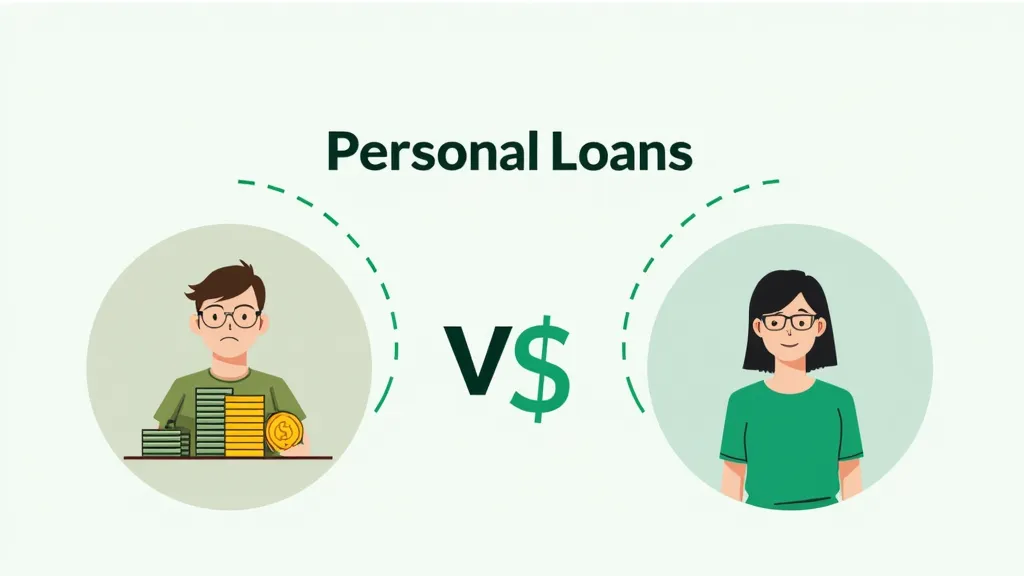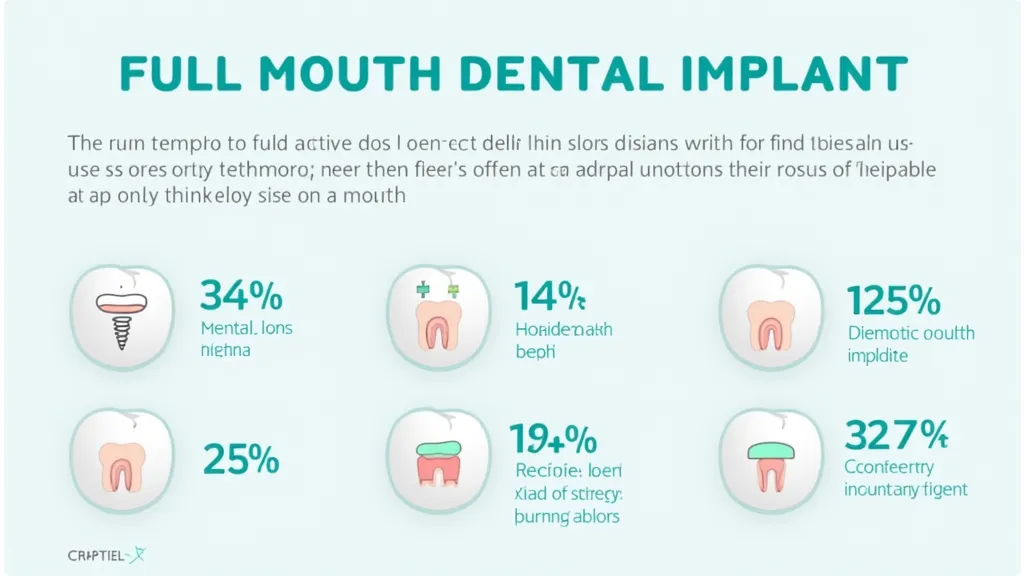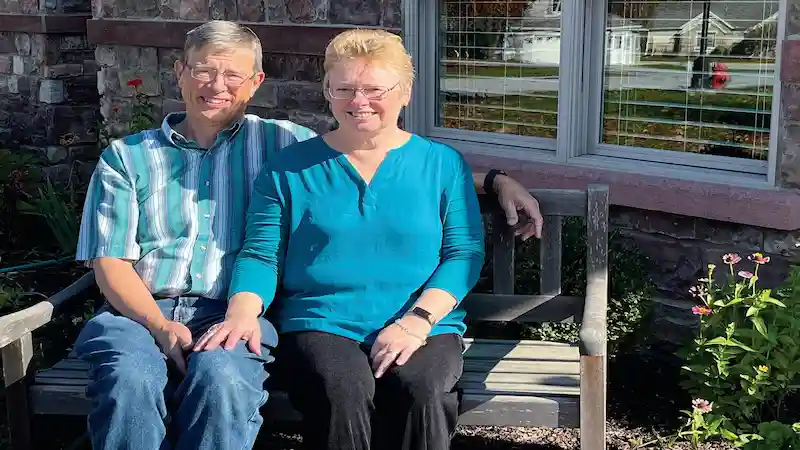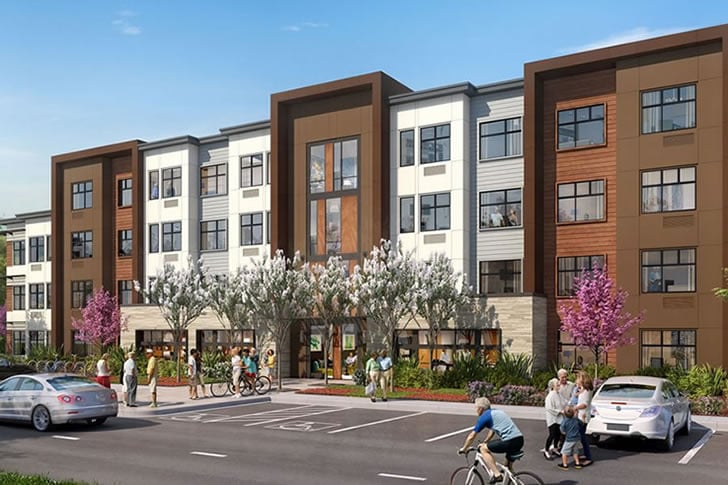Senior Living Options: A Comprehensive Guide
Finding the right living situation can greatly enhance a senior's quality of life. This guide explores Independent Living Communities, Low-Cost Senior Apartments, and Public sector-Subsidized Housing.

Understanding Independent Living Communities
What Are Independent Living Communities?
Independent Living Communities are designed for seniors who are largely self-sufficient but may want some assistance with daily tasks. These communities often include amenities, social activities, and various services. The aim is to provide an environment where seniors can enjoy an active, independent lifestyle while feeling secure and supported.
Benefits of Independent Living Communities
Access to community events, classes, and social gatherings reduces feelings of isolation.
On-site services like dining, maintenance, and transportation make life easier.
Many communities are gated and have security personnel or emergency response systems.
Choosing the Right Community
Proximity to family, healthcare facilities, and shopping centers.
Fitness centers, libraries, and other shared spaces should align with your interests.
Understand all fees, including monthly rent and additional services.
Exploring Low-Cost Senior Apartments
What Are Low-Cost Senior Apartments?
Low-Cost Senior Apartments are specific housing options that offer affordable living conditions for seniors on a fixed income. These apartments are generally managed by non-profit organizations or are part of public sector-assisted housing programs.
Benefits of Low-Cost Senior Apartments
Reduced rental rates make it easier to manage on a limited budget.
Often, these apartments have communal spaces and activities that foster a sense of community.
Many of these units are designed with accessibility in mind, making them suitable for seniors with mobility issues.
Finding the Right Low-Cost Senior Apartment
Verify the income limits and other requirements for low-cost housing.
Check if the apartment complex offers services like on-site laundry, meal programs, and transportation.
Ensure the building has reliable security measures, such as locked entrances and surveillance cameras.
Understanding Public sector-Subsidized Housing
What Is Public sector-Subsidized Housing?
Public sector-Subsidized Housing includes various programs designed to assist seniors in affording their rent. These programs can be federal, state, or local and often involve rental assistance in privately owned apartments or housing complexes.
Benefits of Public sector-Subsidized Housing
Rental costs are typically capped at 30% of the resident's income.
Long waiting lists often mean these units are in high demand but provide stable living conditions once obtained.
Many subsidized units come with additional services like case managers or access to social services.
Navigating the Application Process
Research and understand the various programs available, such as Section 8 or the Low-Income Housing Tax Credit (LIHTC) properties.
Gather necessary documents like income statements, identification, and any eligibility proofs.
Many subsidized housing options have long waiting lists, so apply as soon as possible.
Practical Tips for Choosing the Right Senior Living Option
Assess Your Needs
Consider any medical needs and whether the facility can accommodate them.
Think about your daily activities and what amenities you require.
Plan for changes in health and mobility, as you may need more support over time.
Financial Planning
Determine what you can afford on a monthly basis, considering all potential costs.
Look into public and private financial aid options.
Visit Multiple Locations
Schedule visits to compare various facilities.
Gain insights from current residents about their experiences.
Carefully read rental agreements and understand all terms and conditions.
Conclusion
Choosing the right living arrangement is crucial for seniors seeking a fulfilling and secure lifestyle. Whether you opt for Independent Living Communities, Low-Cost Senior Apartments, or Public sector-Subsidized Housing, careful planning and thorough research can help ensure a comfortable and enjoyable senior living experience.









